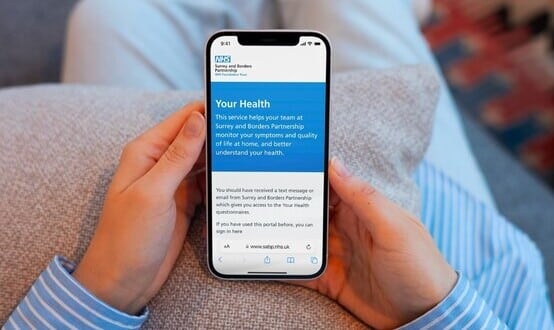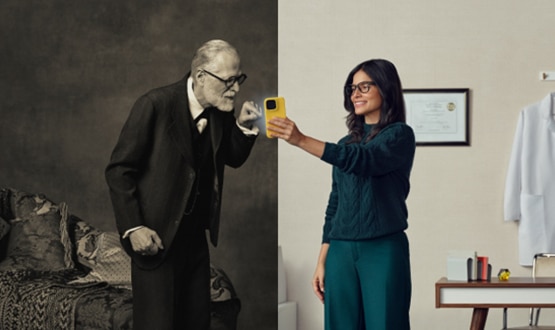Three in ten GPs recommend apps to ease pressure on CAMHS

Three in 10 GPs are advising parents of children with mental health problems to use apps, as NHS services struggle to cope with a growing number of young patients, a survey has found.
Research conducted by mental health charity stem4 concluded mental health services for young people are “over stretched and underfunded”, with young patients often being rejected for treatment or placed on long wait lists.
In a survey of 994 GPs 31% said they recommend patients use one of the NHS-approved apps to manage poor mental health if they’re rejected by NHS child and adolescent mental health services (CAMHS), or face delayed treatment due to waiting lists.
“In the absence of highly trained therapists in the community, and in view of the consequent long waiting times and patients’ difficulties in accessing effective treatments, 44% GPs say that smart phone apps based on evidence based strategies could play an important role in the treatment and recovery of their young patients,” the survey found.
stem4 has two apps included in the NHS App Library: Calm Harm, an app designed to help young people manage the urge to self-harm; and Clear Fear, designed to help manage the symptoms of anxiety.
The charity recently launched another digital tool, Combined Minds, a mobile app designed to help designed to help family and friends support the mental health of a young person.
All three apps were designed by Dr Nihara Krause, a consultant clinical psychologist and founder of stem4.
“Most recently, I created Combined Minds as many parents approached stem4 saying they felt abandoned, unsupported, and ill-equipped to help their children and young people overcome their mental health difficulties, and wanted to able to support them effectively,” she said.
“Combined Minds was conceived to help family and friends support the mental health of a young person in general but also for those who are unable to access mental health services whilst making sure they also protected their own mental health and were able to signpost appropriately.”
But she warned an app alone wouldn’t fix the problem within CAMHS.
“This app isn’t meant to replace face-to-face treatment, but it is a positive tool when parents or friends can’t access treatment or just want to support a young person in their recovery.”
Stephen Buckley, head of information at mental health charity Mind, welcomed new technologies to help patients with mental health problems but advised parents to do their research before turning towards an app for help.
“Mental health apps come with risks as they aren’t regulated. Apps should be thought of as complementary to ‘real-world’ mental health services, rather than a replacement for them,” he said.
“We want everyone who needs mental health support to be offered access to a range of high-quality treatments so they get the right support for them, when they need it. This could include digital interventions, depending on the person’s preference.
“Going forward, we want to see the experiences of people with mental health problems taken on board when designing or redeveloping apps as the user community have the best handle on what will be of benefit to them.”
The survey also found 43% of GPs told parents to pay for private care if they could afford to do so, while 45% referred patients for counselling either at school or within the community.
stem4 called for greater support for GPs, an increase in specialised CAMHS, and greater support for parents, including online tools, to help care for their children.
Dr Ian Jackson, clinical safety officer and medical director at Refero, a communication platform that connects patients with clinicians, also suggested technology could help through the use of secure two-way messaging and teleconsultation.
“I truly believe that new applications for existing technology will deliver better care for children in need of mental health services,” said Jackson.
“But only by using technology to improve existing ways of working will we see real improvements in how mental health is managed in the future.”
A separate survey of 1,000 parents, also for stem4, found just 5% of those questioned said they would turn to an app for advice on their child’s mental health while 15% said they would look for information online.
GPs remain the first port of call with 75% of parents saying they were most likely to ask them for advice.
NHS England has been contacted for comment.




